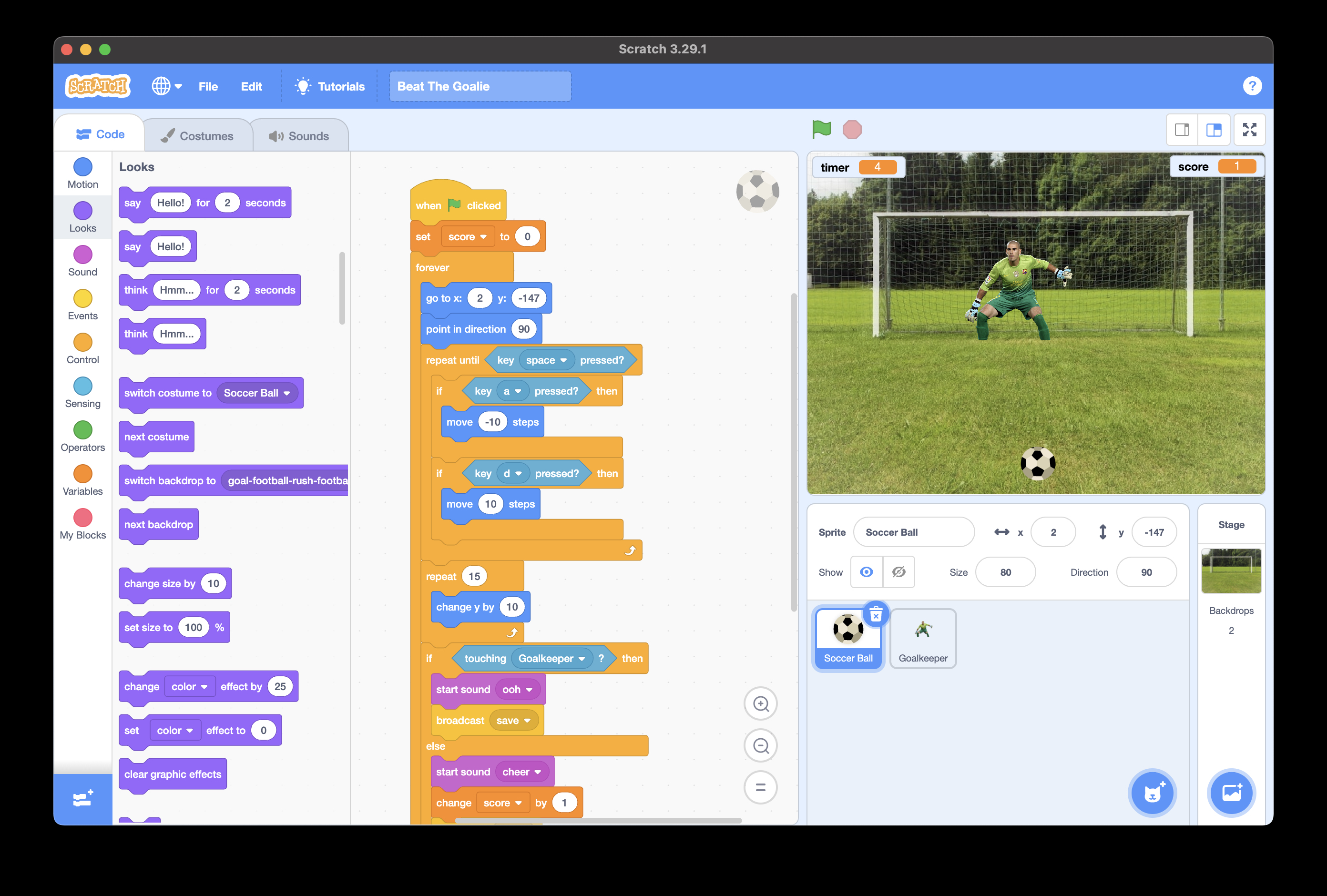A little while ago I wrote about my computing education growing up in the 1980s where I learned CECIL before progressing on to BASIC. Now, some 40 years later, I am discovering what computing children are being taught.
Enter Code Club
I had decided that once I retired, I wanted to give something back to the community, and using my core computing skills seemed like an obvious place to start.
I’d seen that the Raspberry Pi Foundation ran something called Code Club which aims to teach development skills to children from about aged five and up. These are mostly run in schools but there are also some in local libraries. I contacted one or two of the schools that were listed as looking for volunteers but none of them responded 🙄. Not to be beaten quite so easily I decided to start my own club aiming to run it in the local library. I won’t bore you with the bureaucracy I had to wade through with the local council to get it start but eventually we did.
Scratch that Itch
Code Club has a couple of pathways and languages you can learn. One of which is Python, and the other is Scratch. It turns out that primary schools in the UK teach Scratch from Year 2, which is just as well, as I didn’t think that running Python from the command line on library Windows PCs was going to be possible.
Scratch is browser-based, which is ideal for the library environment. It is a very visual language using drag-and-drop blocks to build up a program. These blocks are grouped into coloured themes, including groups such as Control, Looks, Variables, and Motion.
To give you an idea of the sort of program that Scratch allows you to build, here is one I made earlier based on the Pi Foundation’s Beat the Goalie.
Press a and d to move the ball left and right and space to shoot. Press the left and right keys to move the goalie left and right. Click the green flag to get started.As you can see the end result is very visual and likely to appeal to the target audience.
I’ve been very impressed with the level of skill that the children who have attended our Code Club sessions have. In some cases I was learning from them which was interesting and quite a sobering experience!
For Younger Learners
Scratch is aimed at children from about aged six, but there is an alternative for younger children called ScratchJr. This is available on tablets and uses the same notion of blocks which you put together to create a script but has a more restricted number to play with compared to its grown-up equivalent.

What Have I Learnt?
Well, for one thing, I am pleased that there are some foundations of development being taught in schools. I personally think that this is incredibly important not just for those who might want a career in development in the future, but also for teaching things such as logic and processes, which can be so useful in many other areas.
Scratch seems to be great for giving children a gentle introduction into the world of development and there are so many resources available to educators to help them help the children.
My issue would be that if kids are only taught Scratch, then that’s not a good foundation for moving into development – there needs to be a pathway onto something such as Python. I also wonder whether education can keep up with the pace of change in development with the introduction of AI. Should we actually be teaching children how to write prompts for the likes of ChatGPT? Time will tell.

3 comments on “Computer Education in Schools in the 2020s”